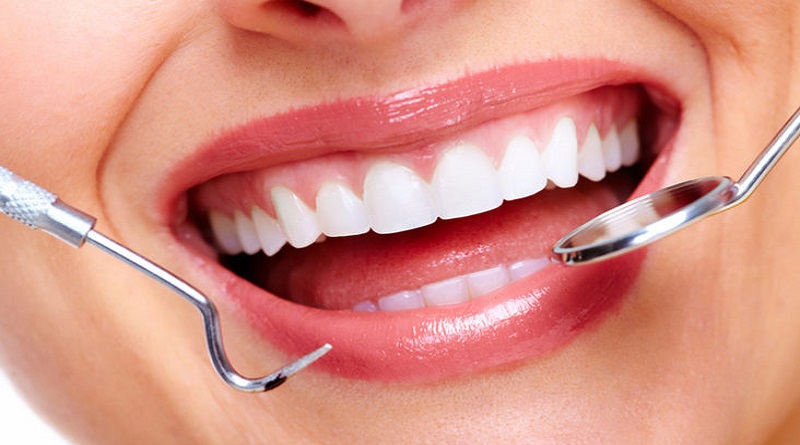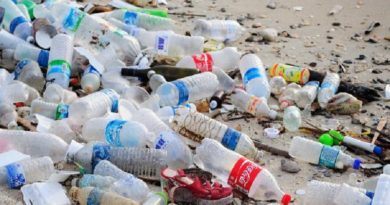Developing economies can leapfrog to mercury free 21st century dentistry, says Don
Amidst current effort in developed and developing countries to make mercury history due to the danger it poses to human health and the environment, a university of Lagos don, Prof. Godwin Arotiba, has stressed that developing economies can leapfrog to mercury free 21st century dentistry.
Arotiba, who specializes in Oral and Maxillofacial Surgery and also the Chairman and founder of Dentists Committee for a Mercury Free Africa, explained that 21st century dentistry is mercury free and that dental amalgam is 41-50 per cent mercury. He added that mercury is toxic to most organs and systems in the human body.
He went further, “Leapfrogging phase down of dental amalgam means accelerated transition to mercury free 21st century dentistry with biomimetic, biocompatible tooth colored long term restoratives ( high viscosity glass ionomer restoratives and bisphenol free hybrid composite long term restoratives without widespread installation of amalgam separators.
“Developing economies typically have poor resources and technology for handling wastes generally and mercury wastes in particular.
“Amalgam separators are expensive to procure and maintain. Furthermore amalgam separators cannot handle mercury vapor. Therefore, there will be continuous emission from the clinics with consequent exposure to staff, patients and patient relations.
“In many developing economies there are no organized system for sorting, transport and transport of mercury wastes from dental practices.
“Mercury from Dental clinics will therefore continue to pollute the soil and underground water system with consequent ingestion by fishes and other aquatic animals which man depend on as a source of food,” he stressed.
The past Dean, Faculty of Dental Sciences, College of Medicine, University of Lagos, listed 8 essential steps for leapfrogging to mercury free 21st century dentistry for developing economies.
These include: Adopt a timetable for the non-use of dental amalgam for children (1-19 years) and women of child bearing age.
- Update dental school curricula to train future dentists and private practitioners in mercury-free 21st century dentistry.
- Integrate the World Health Organization’s Basic Package for Oral Care (BPOC) into all programs and promotions of Primary Healthcare at all levels of government (Federal, State, Local and Community).
- Educate consumers and parents that dental amalgam is half mercury and that non-toxic tooth coloured long term restoratives are better.
- Modify insurance coverage to favour mercury-free 21st century dentistry alternatives (high viscosity glass ionomers, bisphenol free hybrid composites and compomers).
- Modify government programs to favour mercury-free 21 century dentistry alternatives;
- Promote the non-use of amalgam in stand-alone healthcare delivery systems such as hospitals and the armed forces etc.
- Stop the inflow of amalgam from other countries and donor agencies.
- Reduce or Remove import duty and taxes on long term high viscosity glass ionomer restoratives, hybrid bisphenol free composite restoratives and compomers.
Thirty-seven African countries have signed and ratified the Minamata Convention on Mercury out of the 137 Parties.
The Minamata Convention on Mercury is the most recent global agreement on environment and health, adopted in 2013. It is named after the bay in Japan where, in the mid-20th century, mercury-tainted industrial wastewater poisoned thousands of people, leading to severe health damage that became known as the “Minamata disease.”
Since it entered into force on 16 August 2017, Parties have been working together to control the mercury supply and trade, reduce the use, emission and release of mercury, raise public awareness, and build the necessary institutional capacity to #MakeMercuryHistory.




